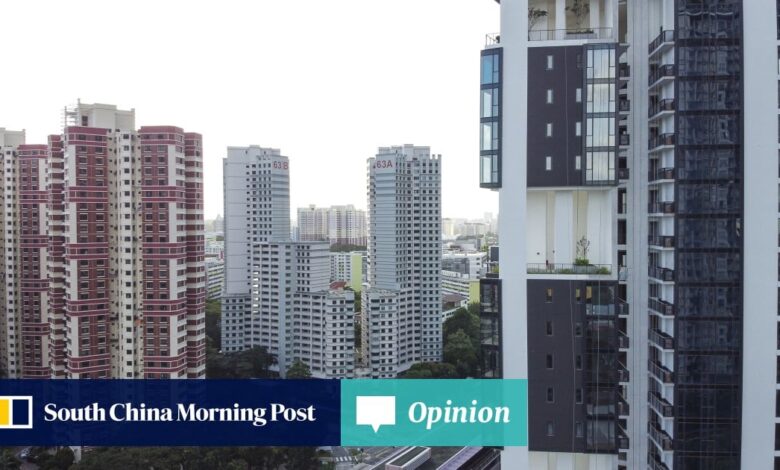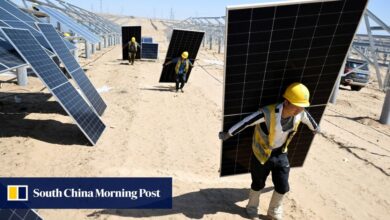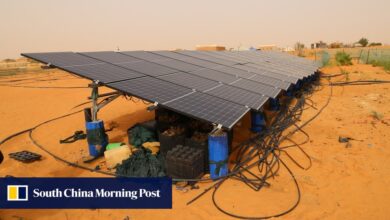New Business
The View | Trumponomics won’t be the most influential factor in Asian property markets

Wall Street banks’ predictions for the year ahead invariably focus on investment themes and economic indicators. Not this year. A cursory glance at the 2025 outlooks reveals that US president-elect Donald Trump’s policy agenda, and its impact on the global economy and markets, is the overriding concern of investors.
Trump’s return to the White House has given rise to an intense debate about what his policies mean for growth and inflation. The US Federal Reserve’s decision last month to signal half as many reductions in interest rates this year as it had forecast in September, mainly because of concerns about the inflationary impact of Trump’s policies, is adding to the uncertainty.
What is clear is that economies with the largest trade surpluses with the United States and industries that are more sensitive to changes in interest rates are in the firing line. This puts real estate markets in Asia in a precarious position.
With the region accounting for seven of the 10 economies with the biggest trade surpluses with the US and the performance of many residential and commercial property markets strongly influenced by US monetary policy, Asian real estate could be in for a rough ride this year.
However, the adage that “all real estate is local” endures for a reason. Since the eruption of the Covid-19 pandemic, divergences and nuances in Asia’s property markets have become more apparent. There have also been surprises, especially in some of the most vulnerable markets.
While Trumponomics and the Fed’s response will have a strong bearing on sentiment in Asian property markets, government policies, real estate fundamentals, market idiosyncrasies and structural factors will prove more consequential.
Source link




